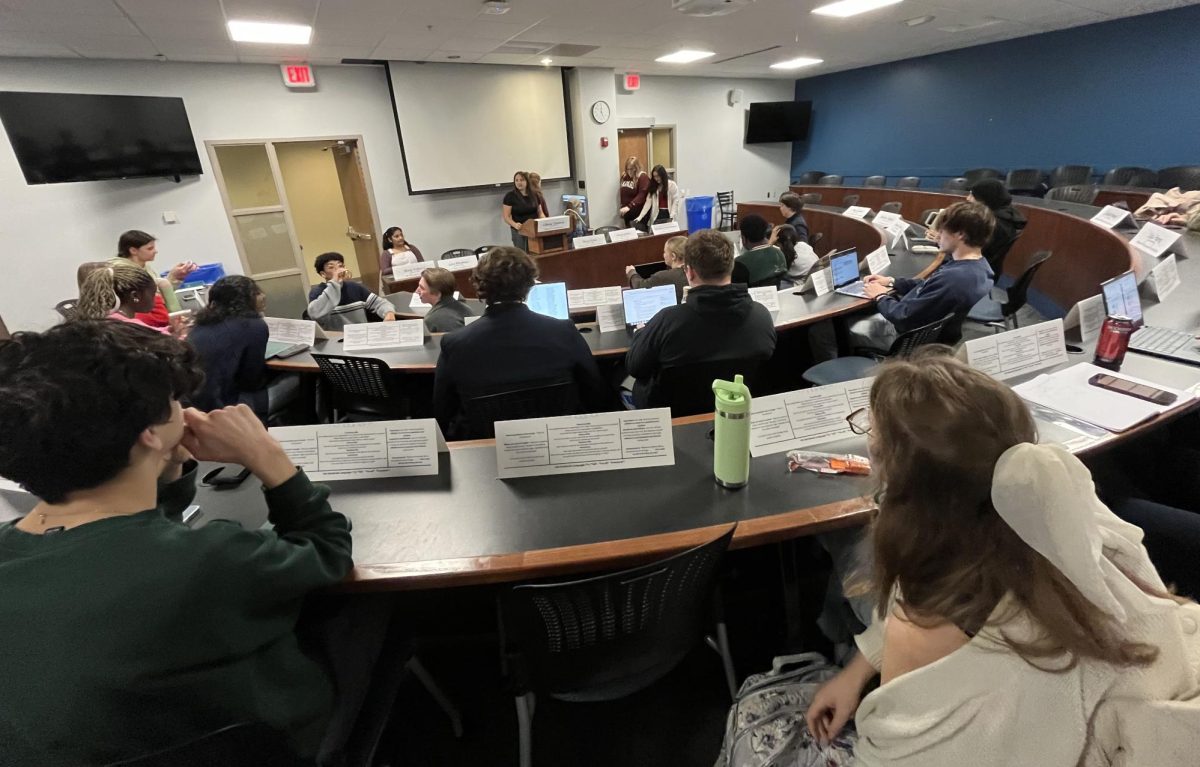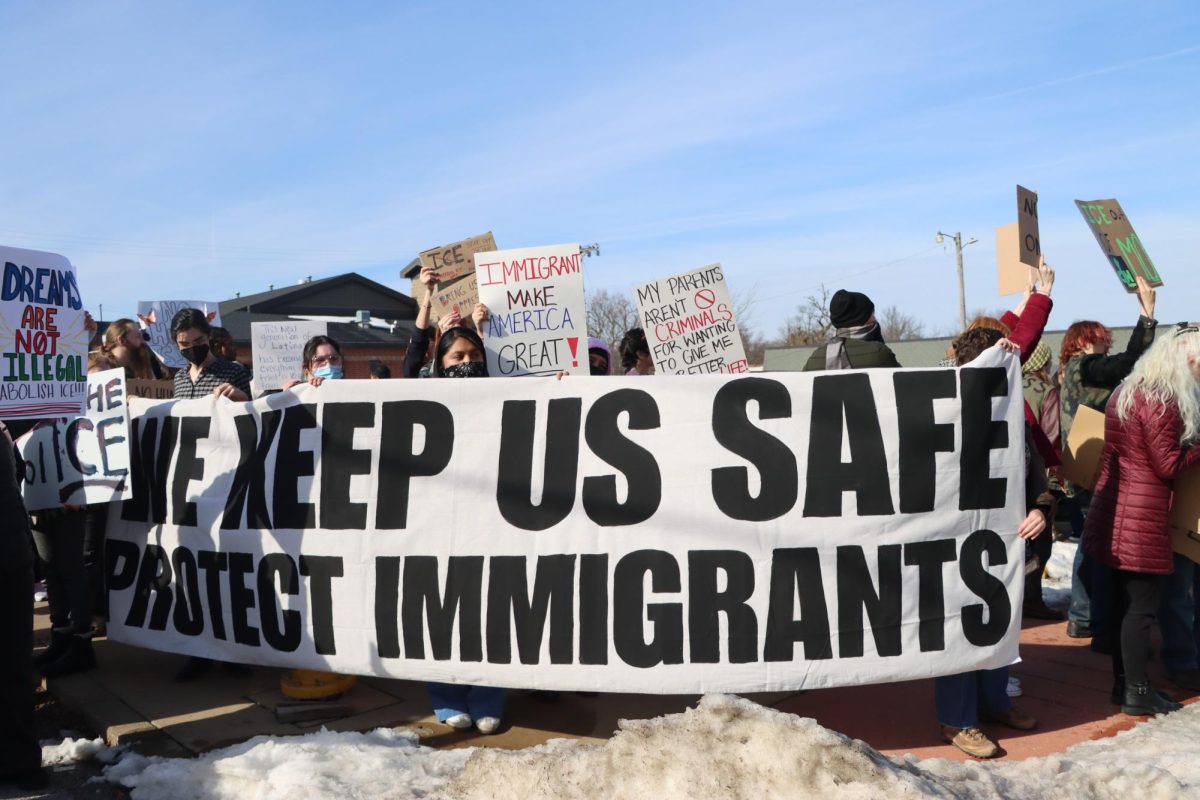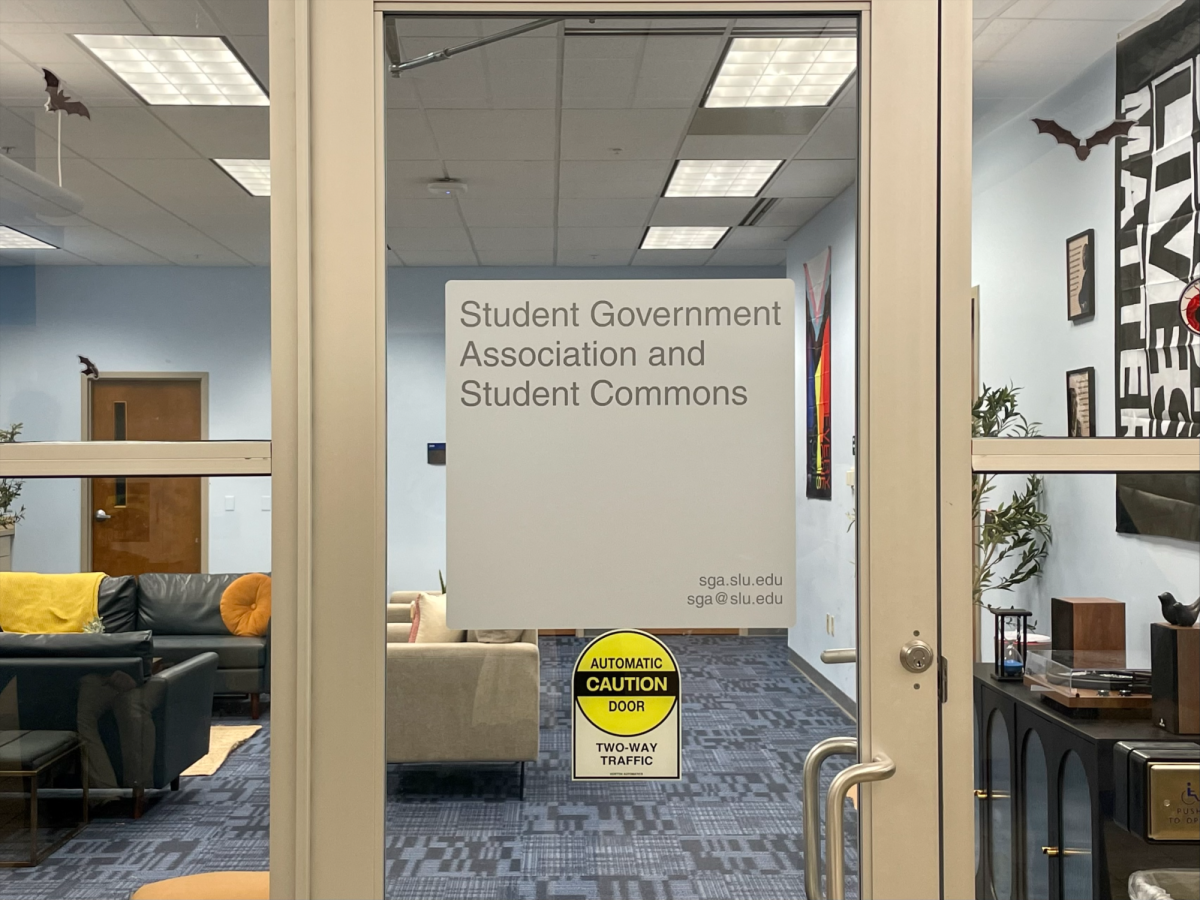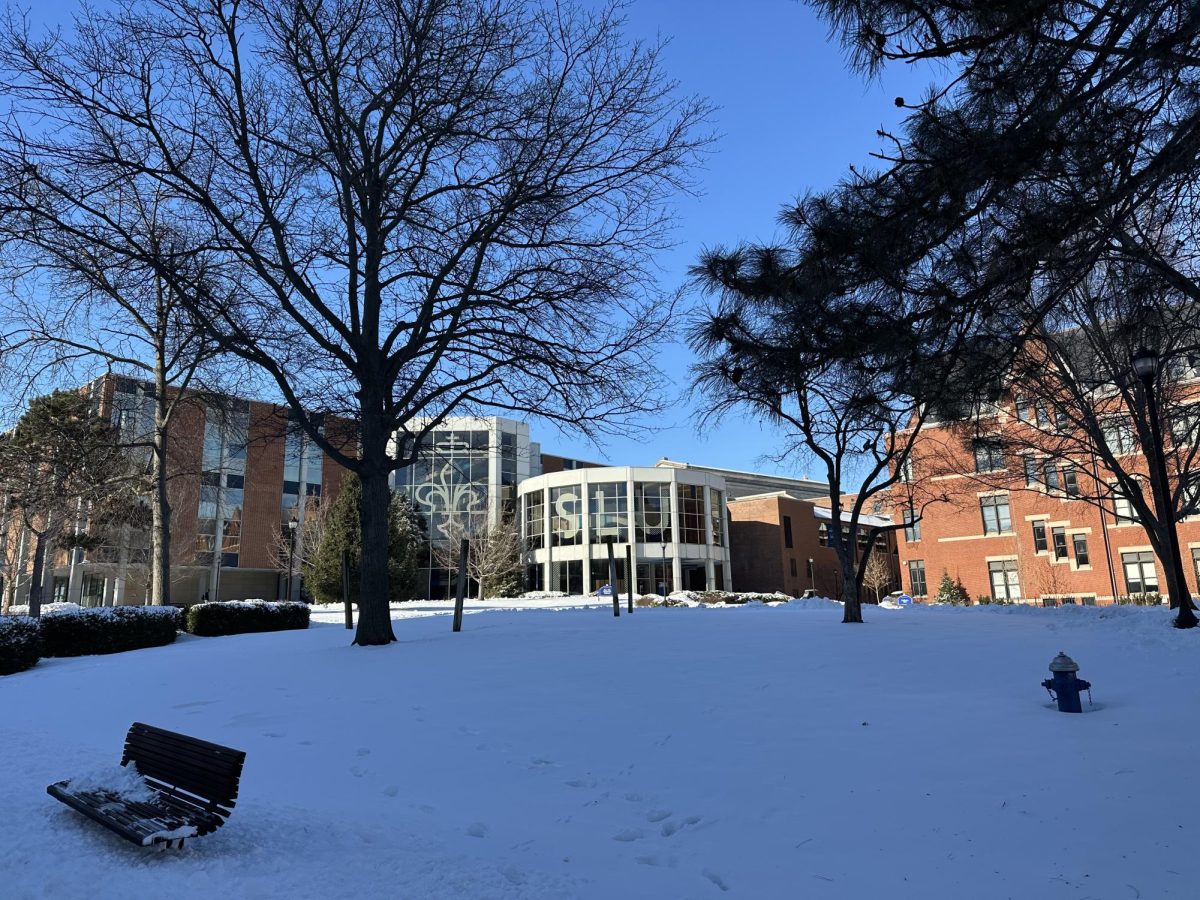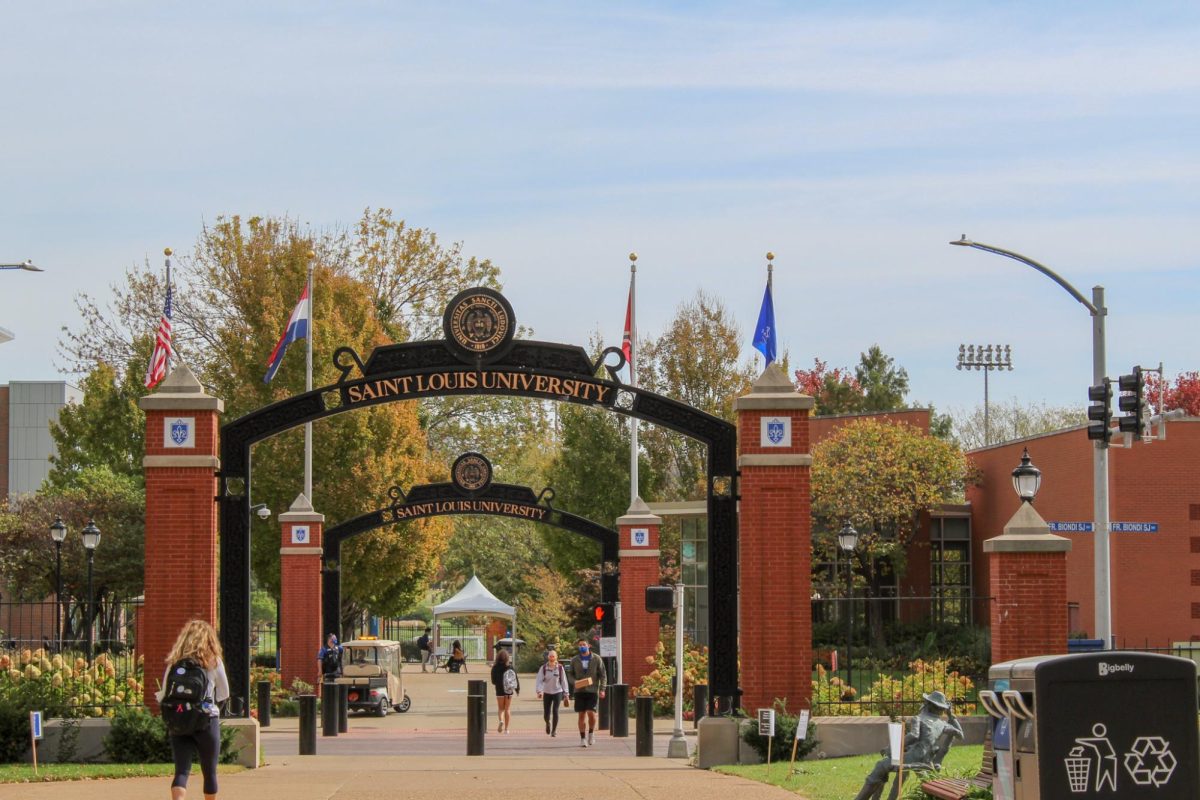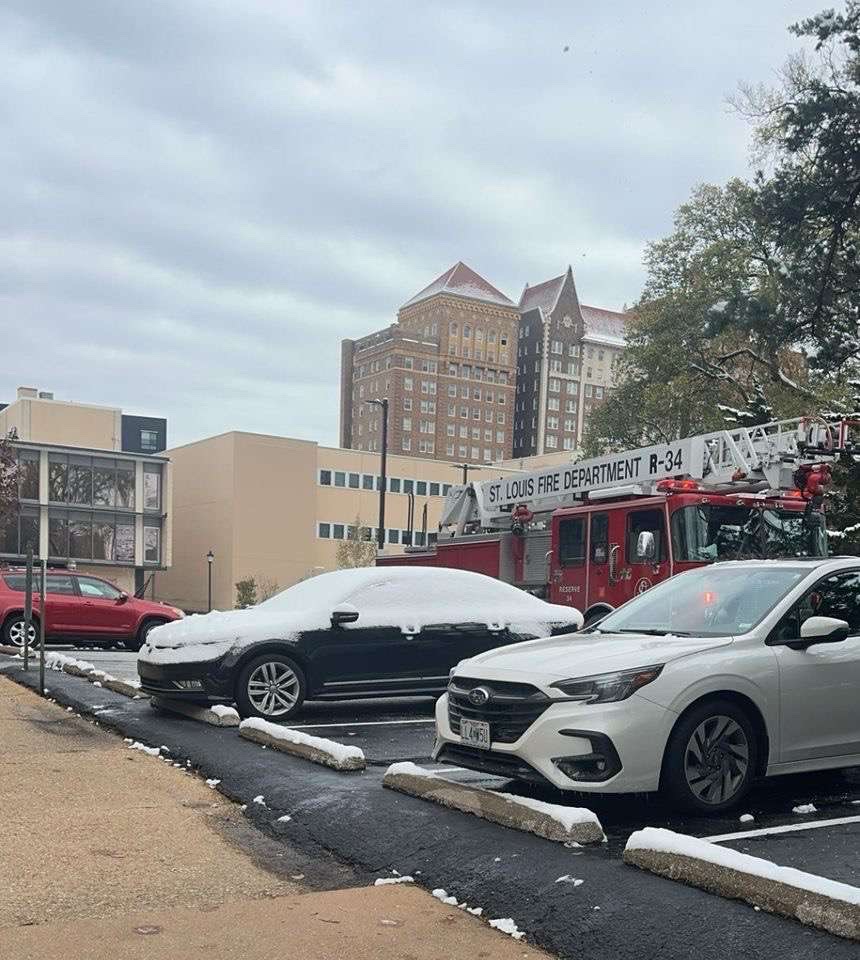Lesra Martin, the keynote speaker for Black History Month, delivered an inspirational speech last Thursday in the St. Louis Room of the Busch Memorial Center. In his speech, Martin drew on experiences from his battle with illiteracy, his struggle to help free the wrongfully imprisoned boxer Rubin “Hurricane” Carter, and scenes from the recent movie The Hurricane, which dramatized the events of that struggle.
Martin challenged the audience of about 200 people from the University and the St. Louis community to help eliminate the sense of helplessness that almost overcame him and Carter. He said, “Every school, every university, every college should be a place to learn to imagine a world in which every student can find the power within.”
Other topics that Martin addressed included illiteracy, the importance of commitment and imagination, and the justice system. When he condemned the death penalty because of the possibility of a fatal mistake, the crowd responded with extended applause.
Martin grew up in poverty in Bushwick, N.Y. At the age of 15, Martin was befriended by a group of Canadian entrepreneurs who offered to take him back to Toronto with them to give him with a better opportunity at success.
When he arrived in Canada, it soon became apparent that Martin was functionally illiterate. After he learned this, Martin entered a deep depression. He said, “I locked myself away, and the only voice I heard was my own, telling me that I was inferior.”
Only after getting a copy of The Sixteenth Round, Carter’s book about his wrongful imprisonment, did Martin regain his confidence. It was the first book that he had ever read by himself, and afterward he wrote to the author to thank him for his inspiration.
This correspondence began a friendship between Martin and Carter, and soon Martin was working with his friends to free Carter. After a five-year struggle in the courts, Carter was finally released in 1985.
After reflecting on the discouraging comments he received during this time, Martin said that he asked himself, “What would happen if, for every negative response I heard from others, I said a positive one? Instead of imagining the worst, I began to imagine the best, and ever since then, only the best has happened to me.”
Since that time, Martin has become quite successful. Despite his experience with improper prosecution in the Hurricane case, he became a prosecuting attorney in Canada. Martin explained that he became a prosecutor because he wanted to stop malicious and irresponsible investigations before they were brought to court.
Babette Thornton, the president of the Black Student Alliance, thought that Martin was an excellent



